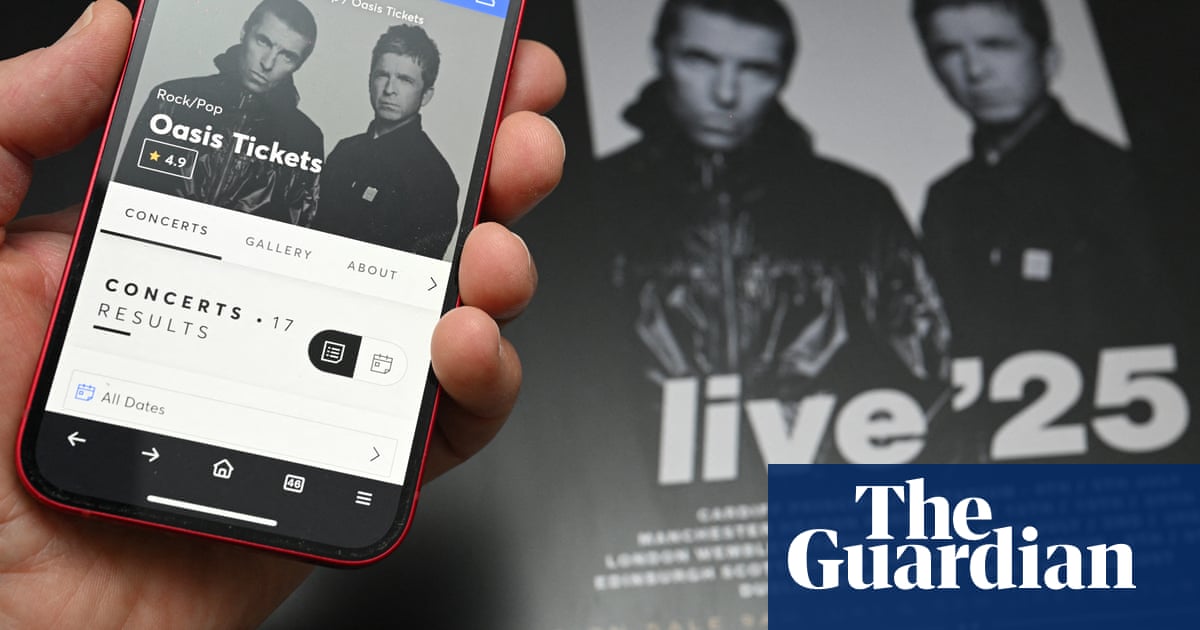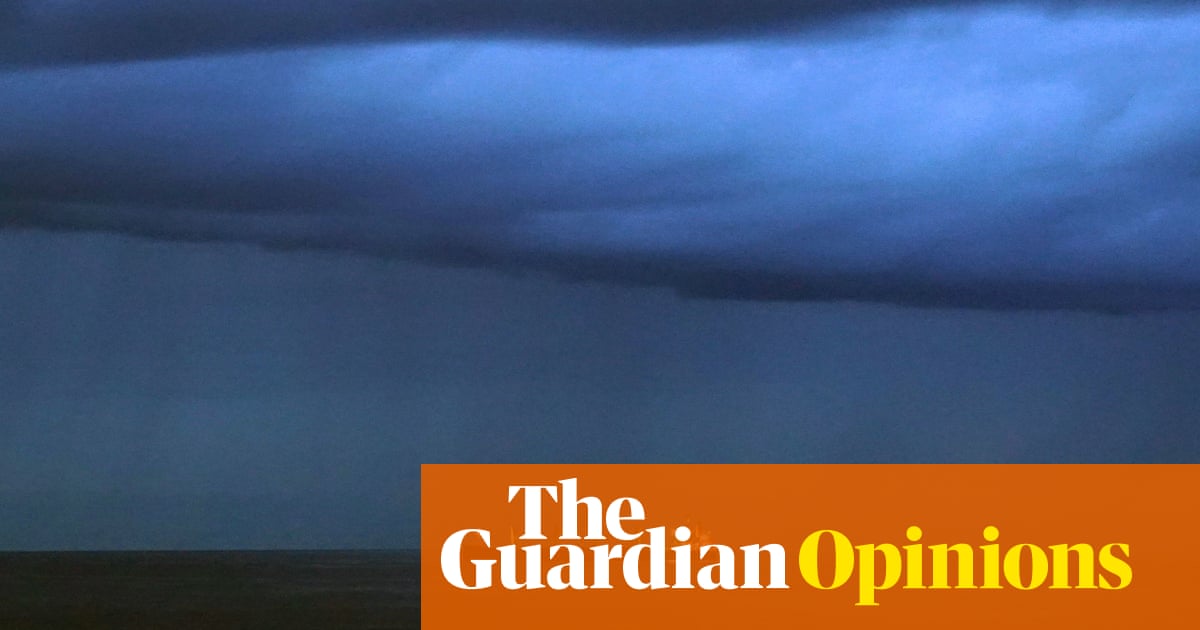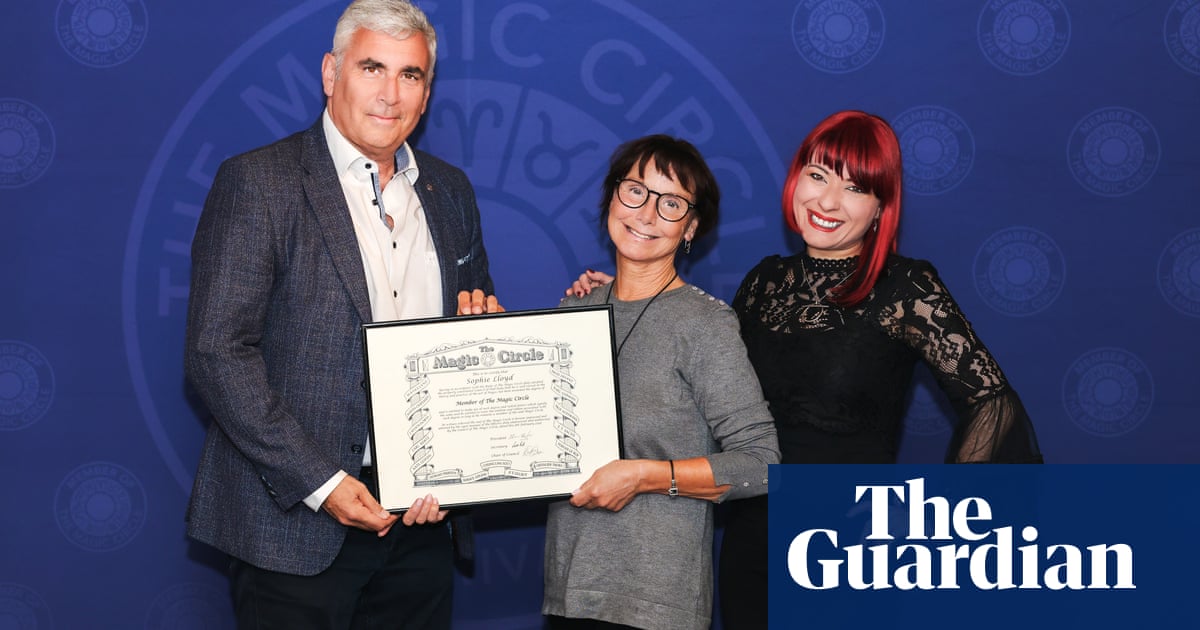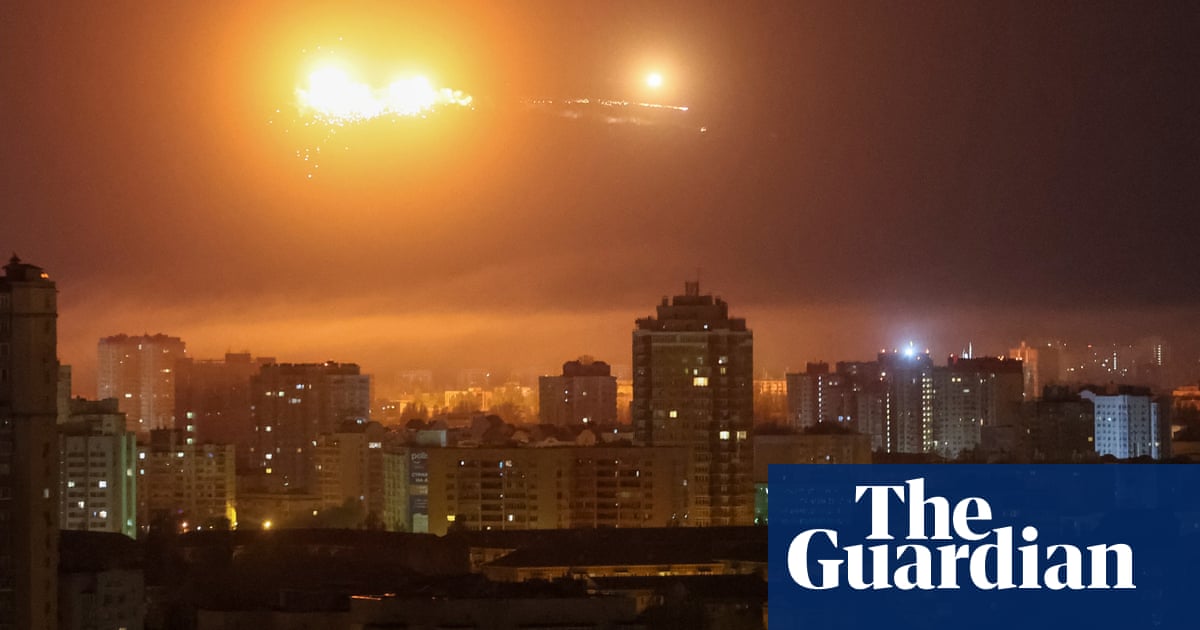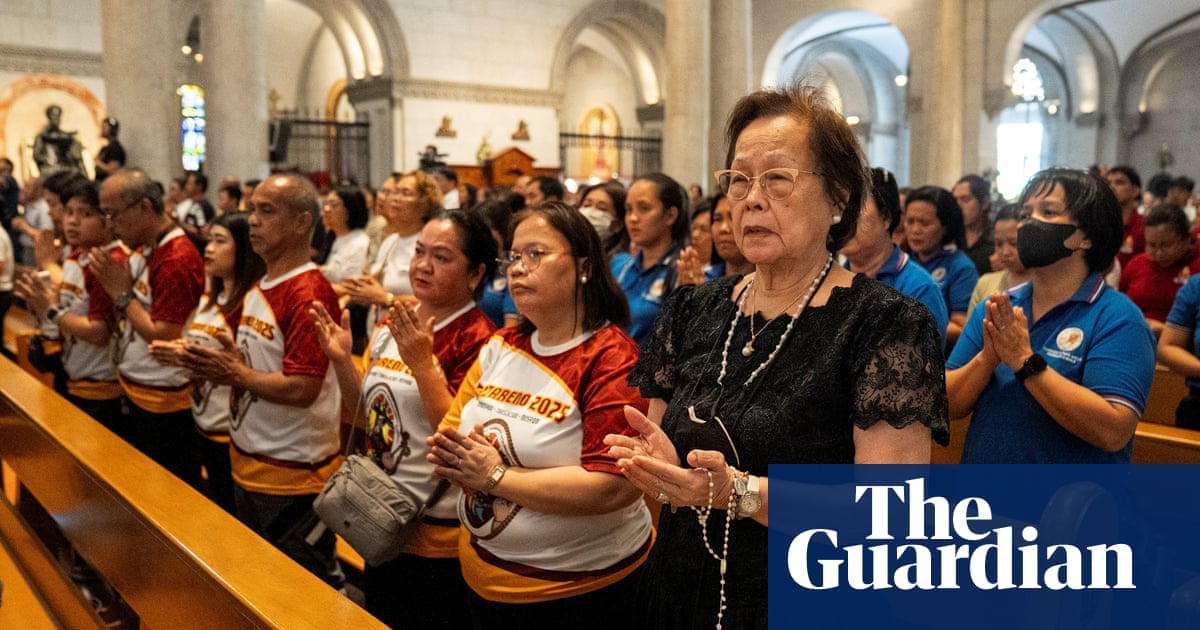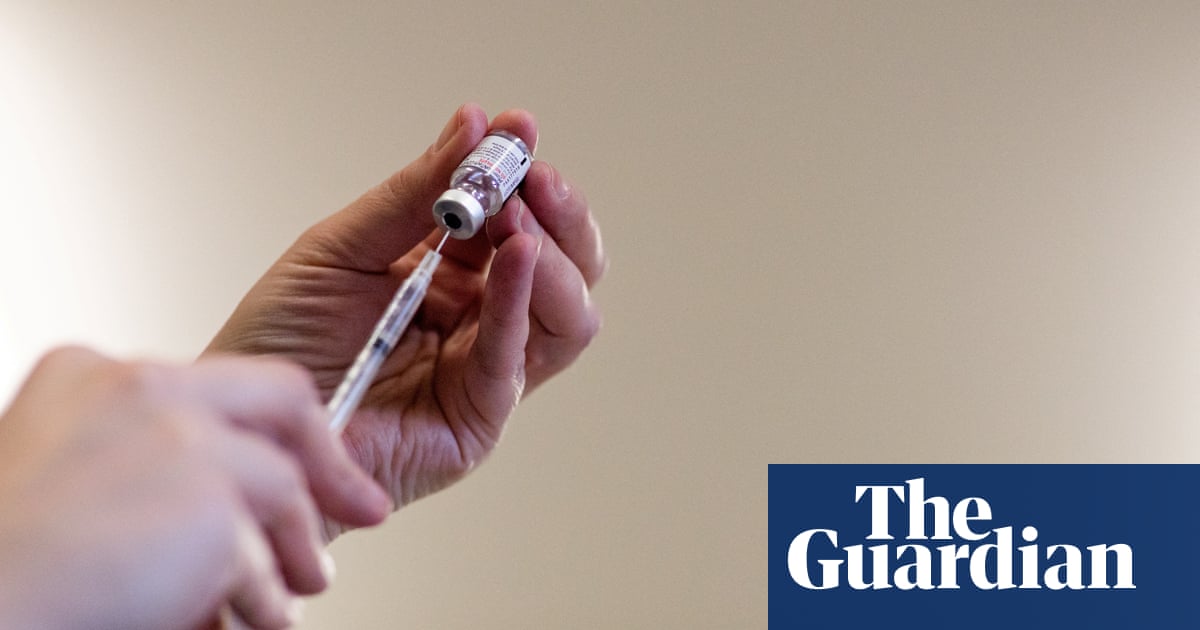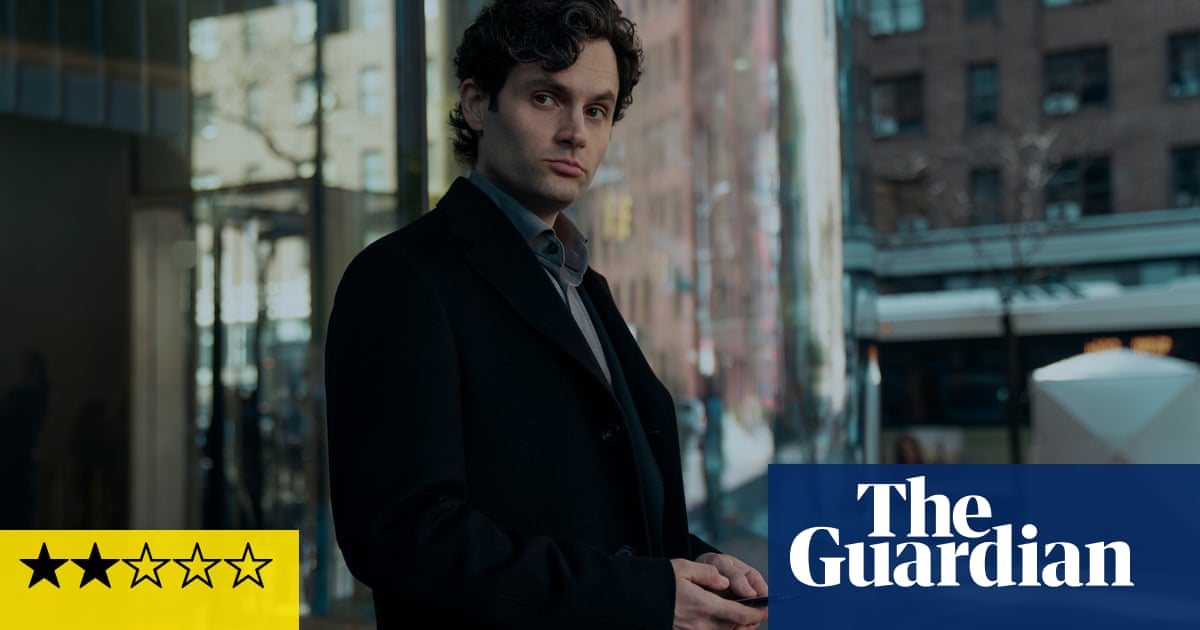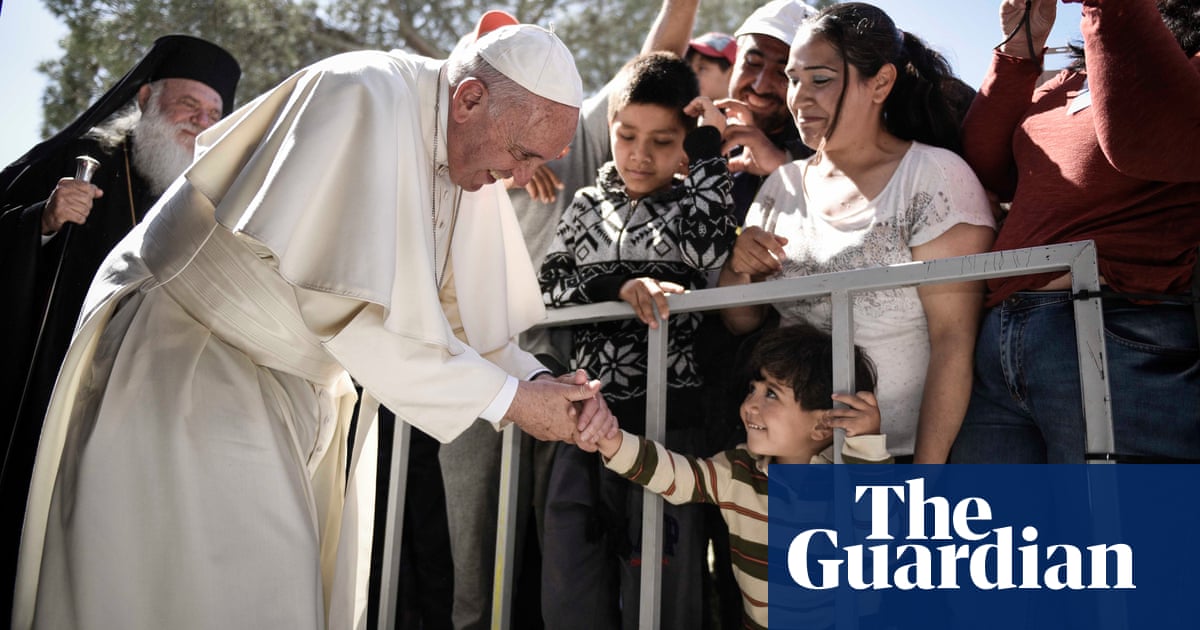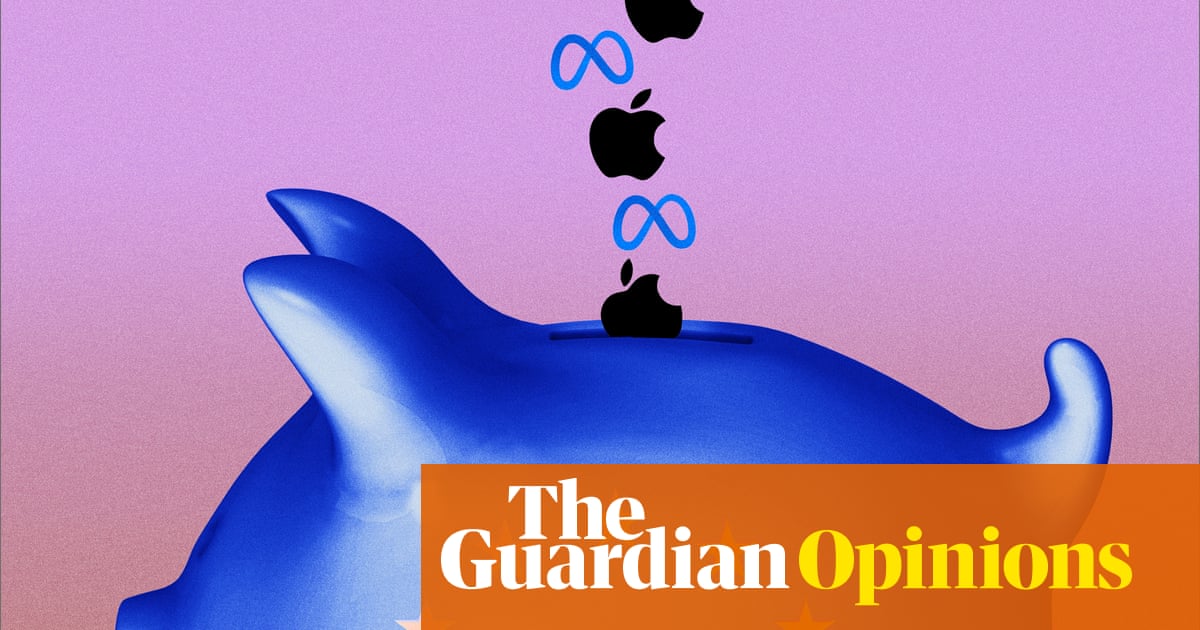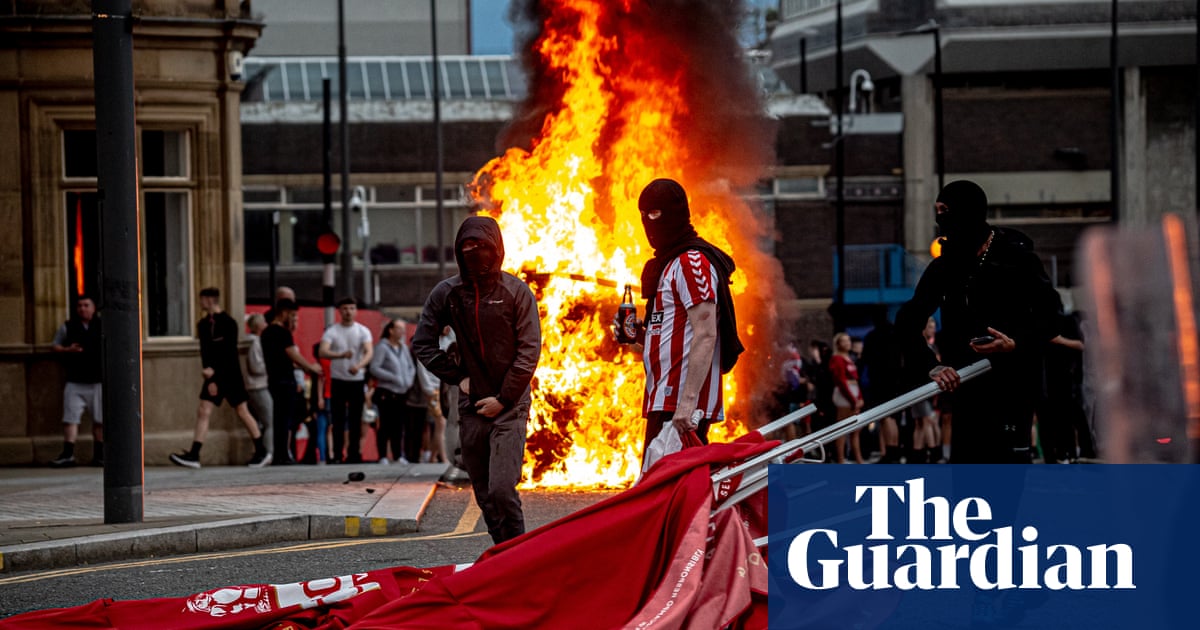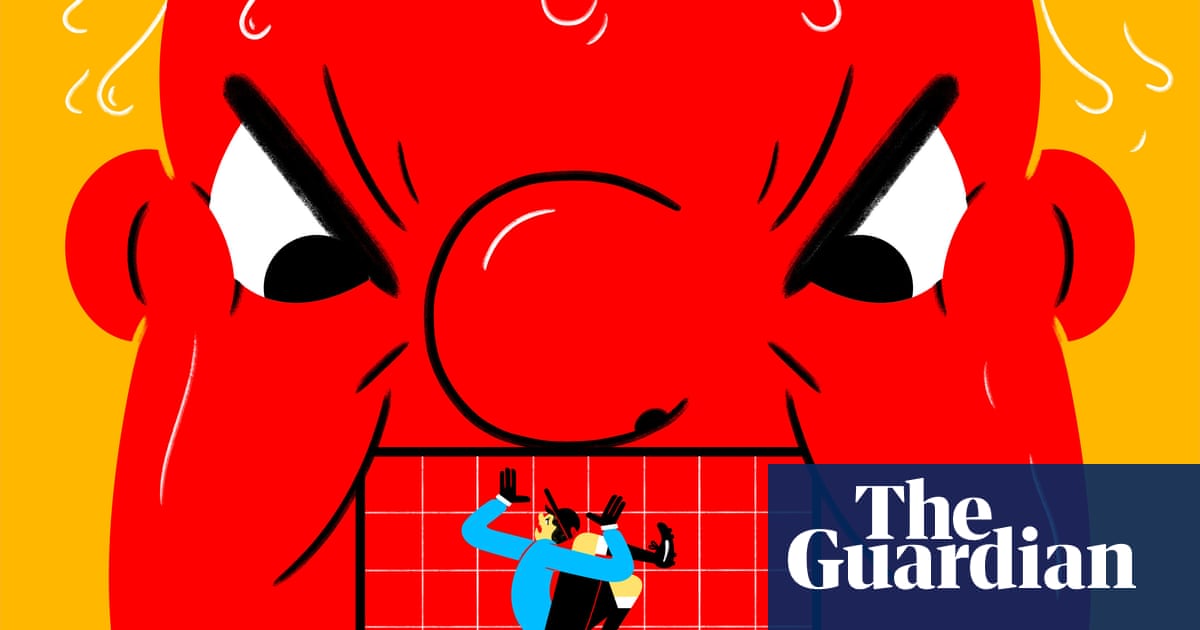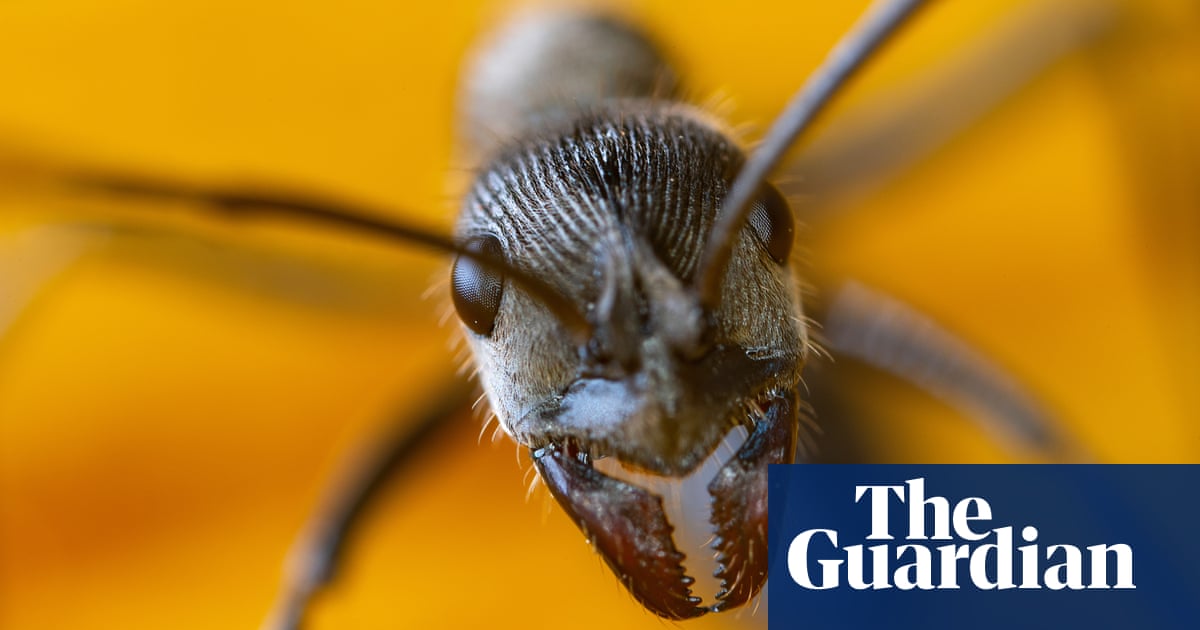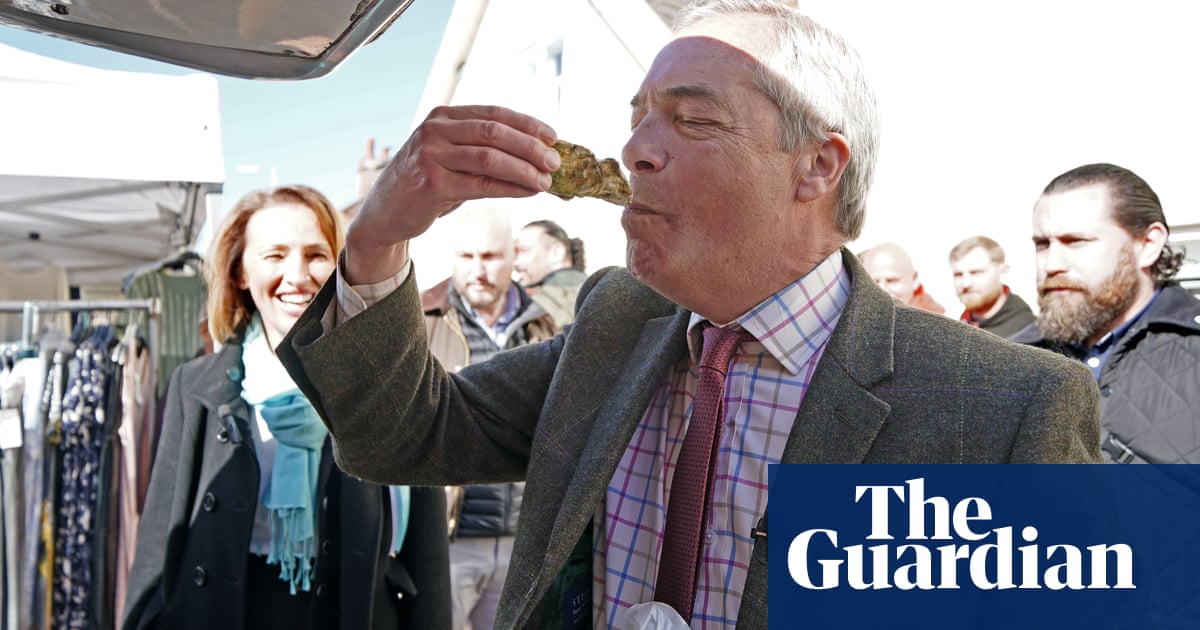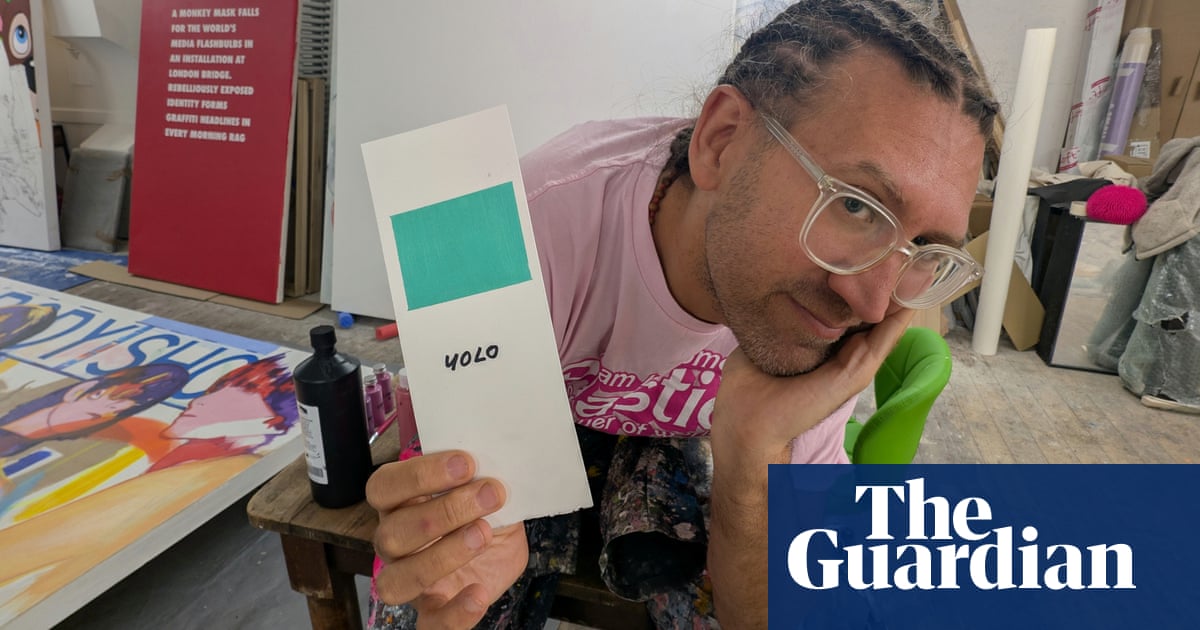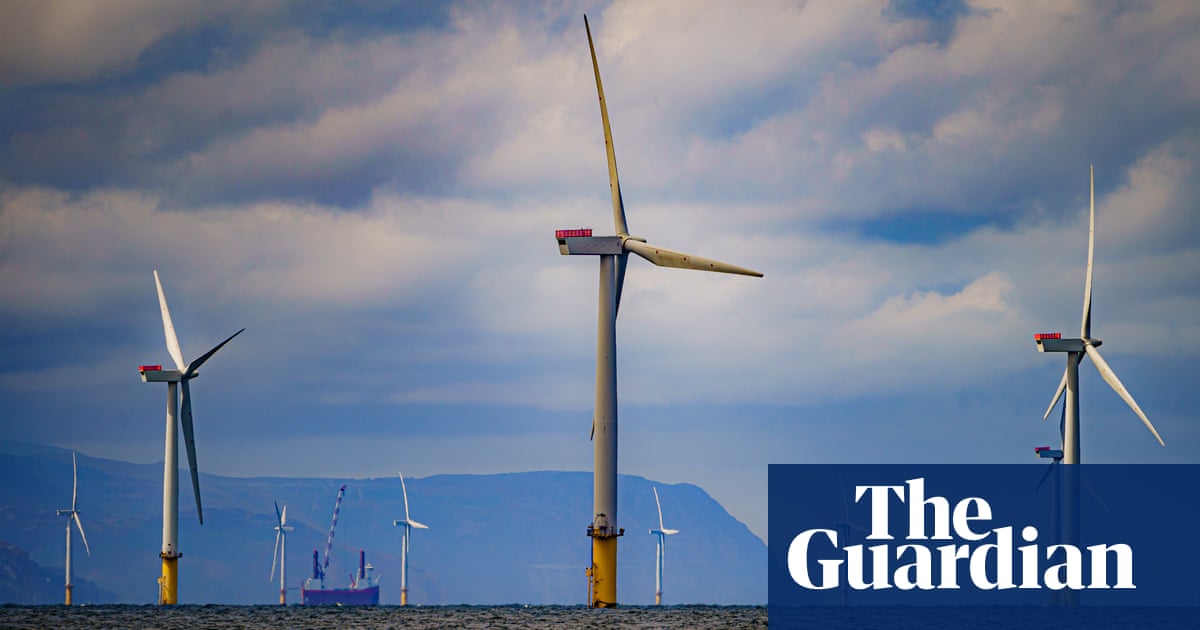In the middle of a war, there is little past or future, little perspective, little accurate prediction: there is only the white heat of the moment, the immediacy of perception, the intensity of emotions, including anger, dismay, and fear. In her tragically unfinished book – written from the centre of Russia’s appalling and brutal campaign to annihilate Ukraine – Victoria Amelina also records the surrealism: the sense that reality has been skewed as in a nightmare, that this cannot be happening. Bombed kindergartens, with Soviet cartoon characters smiling down from the walls. But there are also moments of courage, of companionship, the shared dedication to a cause. In this war, Russia is fighting for greed – more territory, more material resources – but Ukraine is fighting for its life; not only its life as a country, but the lives of the citizens of that country, for there is little doubt about what the outcome of a Russian win would be for Ukrainians.
This is the context in which so many Ukrainian artists gave up their primary art to dedicate themselves to the defence of their country and their fellow citizens. Victoria Amelina was among them. Before the war, Amelina was a talented and well-known literary writer. She was, as we say, award-winning. She published novels and children’s books, travelled internationally, and started a literary festival. But all that changed when Ukraine was invaded. She turned to war reporting, researching war crimes for the Ukrainian organisation Truth Hounds, interviewing witnesses and survivors.
Many religions have a figure that we may call the recording angel: the spirit whose job it is to write down the good and bad deeds of humans. These records are then used by a deity to achieve redress: to balance the scales that the goddess Justice is so often shown as carrying. War crimes are by definition bad deeds. Truth Hounds is a recording angel of the atrocities committed against Ukrainians. Amelina is looking not primarily at the war crimes as such, but at the stories of women under siege: their ruined apartments, their attempts to evacuate, their killed partners, the shattered Lego constructions of their once-happy children. Her writing is hasty, urgent, up close and personal, detailed, and sensual.
She follows in the honourable footsteps of female war reporters such as Martha Gellhorn, who wrote: “It is necessary that I report on this war … I do not feel there is any need to beg as a favour for the right to serve as the eyes for millions of people in America who are desperately in need of seeing, but cannot see for themselves.” Artists like Amelina help us to see, but also to feel. They serve as our eyes. Amelina’s talent as a novelist was of great service to her, and now it is of great service to us.
Amelina had put together about 60% of the book at the time of her death. Much of that material was in raw form: fragmentary, unpolished, unedited. The resulting text is intensely modern. It reminds us of, for instance, the Pessoa of The Book of Disquiet and the Beckett of Krapp’s Last Tape. Incompleteness draws us in: we long to supply what is missing.
This war was supposed to be a slam dunk – according to many pundits, it would only take a few days after the invasion in February 2022 to polish off Ukraine – but as I write, it has been nearly three years, and small Ukraine has retaken over half the territory seized by huge Russia at the beginning of the onslaught.
War is not static but fluid. It moves, it destroys, it sweeps away everything in its path, it drowns many. Its outcomes and ripple effects are unpredictable. But last year the US gave Ukraine the green light to strike military targets inside Russia, which should impede the cascade of Russian missiles of the kind that hit a Kramatorsk restaurant in summer 2023, killing Victoria Amelina at the age of 37. This is her voice: fresh, alive, vivid, speaking to us now.
‘The catastrophe has just begun’

I have just bought my first gun in downtown Lviv. I’ve heard that everyone is capable of killing, and those who say they aren’t just haven’t met the right person yet. An armed stranger entering my country might just be the “right person”.
My new gun lies, black and hazardous, on the bed, among all my swimsuits and bright summer dresses. I might need it later when I come back. But not yet. Now I am going on a weeklong vacation to Egypt.
“We’ll come back to Ukraine on February 24th, and I’ll start going to shooting practice,” I explain to my son, who has been watching too much news for his age in the past few months but isn’t afraid of the invasion at all.
I put the gun into a safe and our swimsuits into a suitcase. The invasion didn’t happen yesterday, 16 February, 2022. So I head out the door, full of hope that it will not happen at all. After all, a full-scale Russian invasion has been rescheduled for the past eight years since 2014.
“Mom, when’s the next time we get invaded?” my 10-year-old jokes, like many adults in Ukraine.
At the last moment, I turn around and run to the bedroom. I step on a chair to reach the jewellery box on the higher shelf. What if Kharkiv, Kyiv, and even Lviv will soon look like ruined Aleppo or Grozny? What do I take now if I am not coming home? Ever.
“Mom, we’re going to miss the flight!”
I take one pendant, plated with gold and silver, with little rubies embedded in it. I inherited it from my grandma, the only jewellery her mother left her, and thus my oldest family relic. The great-grandmother who left it to us was born in Russia, somewhere on the Volga River. My Ukrainian grandmother and two Ukrainian grandfathers didn’t have such old things; for them, everything was gone with the wind in the turmoil of the last century in Ukraine, the heart of the bloodlands.
I put the pendant with rubies on as if it were my soldier’s badge.
It is 4am in Egypt and in Ukraine. I look up: the sky’s clear, and the constellation of Ursa Major is shining brightly above our heads. Other constellations do too, but I don’t recognise them. I first saw such a starry sky in Luhansk when I was five. We lived in Lviv back then and there was always too much light pollution to see the stars well enough to learn how to recognise constellations. In Luhansk, the relatives we visited lived in a house, on a street that was dark enough during the night to see all the stars above. Someone showed me, a five-year-old, Ursa Major back then in Luhansk. Perhaps it was my mom. So the sky full of stars became one of my memories about the city. Stars meant my childhood and Luhansk for me. I grew up, Luhansk was occupied by Russians in 2014, the world changed, but I haven’t learned to recognise any other constellations.
I ask my son to hurry up; if we miss our flight, we’ll be stuck in Egypt, beautiful but not easy to navigate for a family that does not speak Arabic.
On the ride through the desert, I’m trying to read the news. The connection is poor again, almost nonexistent. Despite all my efforts, I manage to receive just one message, short, like a world war two telegram from the frontline. It reads: “Explosions in Kyiv.” I am gasping.
This must be a mistake. Many sounds may seem like distant explosions when you are scared. And what if these are just fireworks, someone’s joke? We’ve read too much scary news lately, we looked at the toys in the piles of the broken bricks, not the stars, we thought about all the wrong things and made the wrong wishes. Besides, the explosions could have all kinds of explanations. What if this is a gas explosion? Gas explosions are a possible thing. The bombardment of a European capital is not. Not any more, I mean. Never again, right?
“Can you see the stars through the window?” I ask my son.
“I cannot,” he replies, too sleepy.
“I can see Ursa Major, the Great Bear,” I lie, so he keeps trying to see the constellations despite the glare from my phone’s screen on the window while I try to contact our family and friends in Ukraine. I don’t quite remember who in particular I write and call; I mostly fail anyway. The desert is endless.
“Oh, I see it!” shouts my boy about the Great Bear.
We thank the driver and rush into the airport building. When we get home, everything will be clear.
“Do you know what happened?” the Egyptian official asks me as soon as we enter the building. I don’t reply for a moment, so he keeps repeating as if helping me to realise:
“You cannot go to your country.”
“You cannot go to your country.”
I can and I will, I think.
Finding tickets from Egypt is challenging even though I don’t care much about the destination; it is enough for it to be Europe. Eventually, I find tickets to Prague. The air fare is crazy expensive, but I don’t want to stay even a day longer: the palm trees, the swimming pools, and the whole relaxed atmosphere contrast too much with what is happening in Ukraine. I need to get home.
At the airport, citizens from the countries of the European Union check into the Prague flight and head to the security control area; all Ukrainian citizens are asked to wait. I can recognise the Ukrainians among the Czechs without looking at their passports or hearing them talk. We no longer look like tourists; we are all something else already: refugees, soldiers, or someone else in the middle. We don’t know who we are yet.
In the Prague airport, the border control officer, a young woman, glances at my passport and then stares at me. She seems to be more interested in the expression on my face than in my passport details. Perhaps she is new to the job and has not seen anyone whose country is being bombed. Maybe she is looking not at me but at war.
I am war. We Ukrainians all became a war. Nothing else about us matters now, only it – the catastrophe that has just begun. I buy train tickets to Poland; through worried Europe, I’m heading home to Ukraine. There I will be just myself at war, not war.
Of course, my son is not coming with me; we are about to part. But he doesn’t know this yet.
On 24 February, 2022, thousands of Ukrainians begin moving westward to evacuate, and thousands start moving eastward to join the defending forces. By the time I reach the border on the afternoon of 26 February, tens of thousands are escaping Ukraine on foot, in their cars, and on buses at the checkpoint. Yet only two vehicles are crossing the border into Ukraine. I am in one of them, a grey Dacia Duster that belongs to the Polish writer Ziemowit Szczerek. Ziemowit is going to Lviv to evacuate his friend’s family and kindly agrees to take me and my cargo on board. Not that I have never seen my people escaping war. I have. Part of my family had to evacuate from the Donetsk region in 2014. My sister-in-law, or just sister, as this is what I call her, moved from the Donetsk region to Kherson. Grandma Hanna moved to Lviv and died there, daydreaming of returning to her little old house on what had become a contact line in 2014. I have numerous friends from Donetsk, Luhansk, and various towns in Crimea who carry the keys from their houses in their pockets and ask remaining neighbours to water plants in their abandoned apartments.
But I have never seen Ukrainians fleeing the country en masse, frightened, desperate, ready to spend days at the border, ready to leave everything behind, maybe even the keys from home.
Ziemowit is going to travel back to Poland tomorrow. As a Polish citizen, he may have the right to pass the line and go directly to the crossing point for EU citizens. For me, it’s different; it was easy to cross into Ukraine, but I would have to spend about four days at the border to get out again. Fortunately, I don’t plan to return to Poland soon, although that is what I promised my son. I lied to my child, and I will keep lying; war is a source of bad habits.
I reach my apartment in Lviv on the evening of 26 February 2022. It feels cold and empty without my son and dog running to meet me as usual. A siren starts wailing. I lie on the corridor floor and wail much like a wounded siren. I’m afraid to go inside to see my son’s books, toys, and bizarre Lego creations: houses, castles, space shuttles, and replicas of famous buildings. During the following months, he will worry for them: Could I tell the displaced children to please not touch his Lego? They can take anything they need, play with his toys, read his books, and sleep on his bed, but they can’t touch his constructions; they took so much time to build.
I will lie to my child, saying his Lego stuff is unharmed. But our home will turn into a small shelter. I won’t even see who will destroy all my son’s Lego houses and when. At that exact moment, the real cities of Mariupol, Popasna, and Volnovakha will be razed to the ground.
There is a rule one learns at the beginning of a war, the rule of two walls: during the bombing, you’d better be two walls from the nearest window. Of course, it is better to be in a real bomb shelter, but there are not a lot of those. In fact, if you live in a small apartment or an apartment with many windows, you will not even be able to follow the rule of two walls.
When my apartment in Lviv was full of displaced people, I left it and went to the apartment on the top floor downtown, which I had recently bought. There was no furniture, refrigerator, or even electric kettle, but I was alone.
The apartment has too many windows, including skylights, so it is impossible to follow the rule of two walls. The only place without windows is a small wardrobe, in which I had planned to store my numerous dresses. I put a rug on the floor, so it will not be so cold, and find a sleeping bag, which my husband and I used many years ago in the Himalayan mountains in Nepal. This sleeping bag and the wardrobe are my bomb shelter now. I call it my nest. My back aches, I start coughing despite lying on a rug, and I feel like I will never be able to open this wardrobe and search for a dress without remembering March 2022. Yet I sleep pretty well here, not waking up when the air raid siren goes off. Maybe it’s because I’m exhausted. Or because I know I’m already as safe as I can be, even though I’m on the top floor of the building, dangerously close to the Lviv television tower, which might become a target. I’m in my nest, my bomb shelter, and my fortress. I bring books in here: the poetry of Paul Celan, Hryhorii Chubai, and Survival as Victory, Oksana Kis’s book about Ukrainian women in the Russian gulags. I cannot read; I mostly keep these books for company. I wanted to be alone, so I could cry, wail, or read Paul Celan aloud. But I only whisper his poem, which I know by heart, Todesfuge, Death Fugue, perhaps the most famous poem about the Holocaust.
Lviv has not been bombed for a long time, and I cannot understand why. No one here understands. It is illogical: Lviv was always regarded as a nationalistic centre in Russian propaganda. Why, then, do they destroy Mariupol but leave Lviv untouched? They have long-range weapons.
I feel guilty for not being a target. This feeling is as illogical as Russians not bombing Lviv, but I cannot help it.
I feel relieved when I finally hear explosions while lying on the floor in my blue sleeping bag in the evening. I stop replying to the endless messages in the volunteer groups coordinating evacuation, humanitarian aid, and accommodation for the displaced. I let myself just lie, look into the dark, and wait for what will happen. Nothing happens.
Perhaps military experts know that Lviv cannot and will not be bombed like the cities in the east, north, and south. But I don’t know that. I know nothing about types of missiles, our air defence, and Russian jets. I have no time to find out. I am busy learning other things: how to put together a military first aid kit, for example, or what documentation is necessary to accept humanitarian aid from the United States, or how to find a truck and a driver ready to go to Kyiv, Kharkiv, Chernihiv, or Sumy.
The days seem one long endless day. I cannot remember what happened yesterday. I don’t call my son. I don’t call my mom. I only talk with the people who need help or can provide it. I’m connecting them, connecting, connecting, as if weaving lace or building a beehive.
Afterword
In June 2023, Victoria attended the Book Arsenal literary festival in Kyiv. Soon after the festival, Victoria planned to leave Ukraine for a longer period; she had a residency with Columbia University in Paris. She intended to use the time to concentrate on this book and finally devote more time to her son. As she put it in her afterword, written before the book’s completion:
Since 24 February 2022, I have turned from a writer into a war crimes researcher and then learned to be both to tell you, the world, the story of Ukrainian civil society’s quest for justice. Now there should also be a story of me learning to be a mother to my 11-year-old son.
On 27 June 2023, Victoria joined a delegation of Colombian authors to the Donetsk region. At the end of a long day, they were relaxing in a pizzeria in Kramatorsk. It was hit by a Russian missile, injuring 64 people and taking the lives of 13 others. One of the severely injured was Victoria. She died a few days later, in Mechnikov Hospital in Dnipro, from the injuries she had sustained.

.png) 2 months ago
40
2 months ago
40
